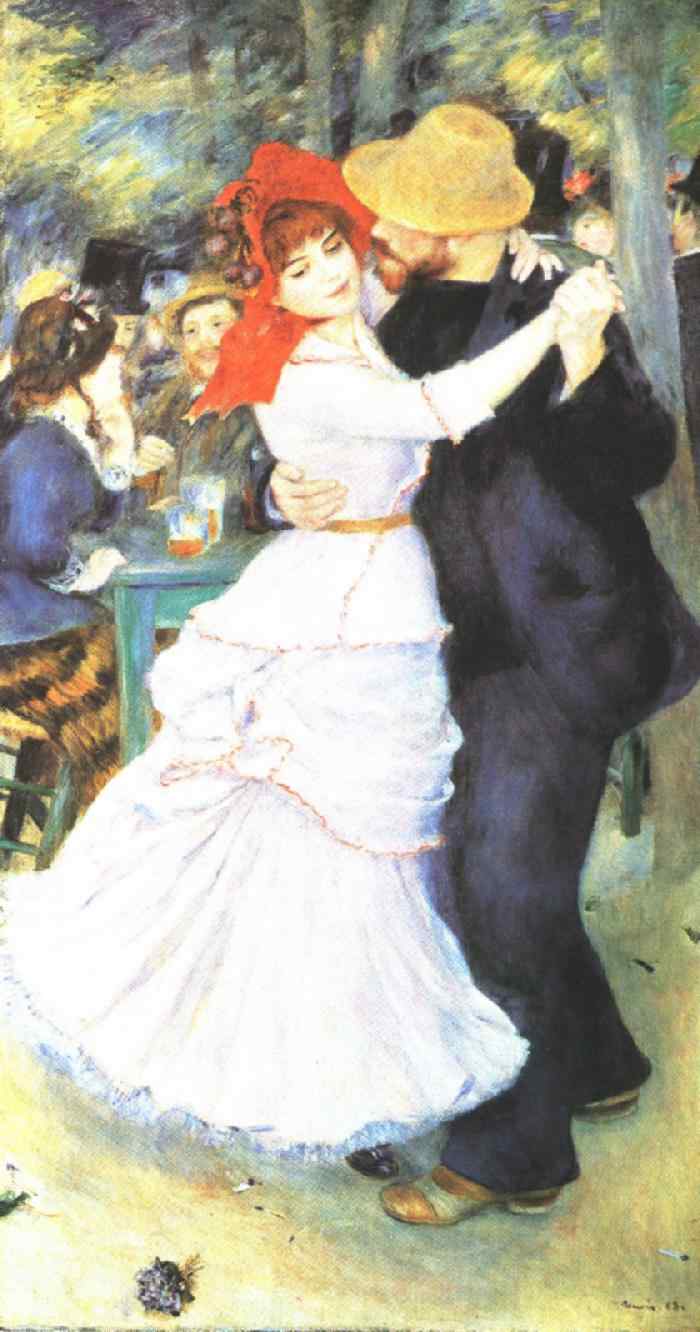back to ART
The Creation of Art
| “If you choose your topic well in relation to your
capability, you will not lack the force for an enlightened presentation.” (Ars
poetica, Horace)
The probably most precious advice of the entire Ars Poetica. |
| "Lack of knowledge and technique are frequent reasons for
lack of inspiration."
(Tschung-ch’ien) In spite of being true, this statement is nevertheless also very misleading, as ill conceived attempts to acquire technical skills are very contra-productive in regard of inspiration. Many procedures designed to acquire skills fit neither the purpose nor the goal. Neither perfectionism nor elitism is very helpful to create a modest painting or to write a little song. A better idea than to learn to play a sonata may be to compose one. To develop and balance creativity and technical skills as well as to set an artistic goal is an area full of potential personal and cultural conflicts. In respect to the adviser, the novice in art should feel to be welcome, and in respect to the novice the adviser should feel comfortable with her/his goals.
|

|
For artists of our time the world presents open. Access to information is easy, art to challenge and sharpen the view plentifully available. Improved social conditions such as increased life-expectancy facilitate to acquire knowledge and ideas to mature. "Lack of knowledge and technique are frequent reasons for lack of inspiration." (Tschung-ch’ien) Everybody should be encourage to become involved in art, to evaluate the many and various ways of active and passive participation, such as writing, singing in a chorus, visiting expositions and others, to enrich one’s personal life, to participate in the likely most fruitful way of meditation. |
|
A suitable mean to balance creativity and technical skills may present the triad: “To sketch freely out of the mind using e.g. color pencils, to improve already established texts e.g. by shorten them down to the essential, and to play on the piano rhythms and melodies within the span of the fingers of the hand.” Neither of this activities requests any special skills to start with - they are similar to a workout at the gym - , but all of them are very supportive for their acquirement, highly enjoyable and inspiring. In addition one will realize that one has indeed, very specific ways of acting and learning, specific talents and shortcomings, that many seemingly difficult problems are rather easy to overcome, and finally that this kind of exercises gently enlarges the artistic base. Art is best created in relation to topics of value and belief, areas of insight and devotion. Easy to agree upon, it is nevertheless surprising to see that many artists appear to lack clear definable goals, appear as process addicted, hunting illusions, etc. Difficulties in regard of the artistic expression may arise from personal or social circumstances.
|
|
For the advanced artists a critical question is: "What to learn next ?" Whereas special talent is generally the way to success, neglect or lack of talent in other areas a hindering factor. "How to enlarge the base" and "reshape of focus and views" appear as the two areas of most need of attention. For artists of our time the world presents open. Access to information is easy, art to challenge and sharpen the view plentifully available. Improved social conditions such as increased life-expectancy facilitate to acquire knowledge and offer more time for ideas to mature. Much insight in the creation of art - as well as in the function of the mind - is provided in modern biographies, many of them allowing in addition a free up-date on history, too. Everybody should be encourage to become involved in art, to evaluate the many various ways of active and passive participation, such as writing, singing in a chorus, visiting expositions and others, to enrich one’s personal life, to participate in the likely most fruitful way of meditation.
First choice as a guide to the creation of art is probably still the Ars Poetica (Web : Ars Poetica [Latin version]) of Horace, written 2000 years ago. It presents the only outlay in the western hemisphere created by a well recognized artist with the clearly expressed intent.
|
|
The creation of art presents frequently as a continuous and painful struggle, with phases of illumination such as described by Tschung-ch’ien being rather rare: The moment of inspiration comes by itself, and brushes away all doubts
and
back to ART
|